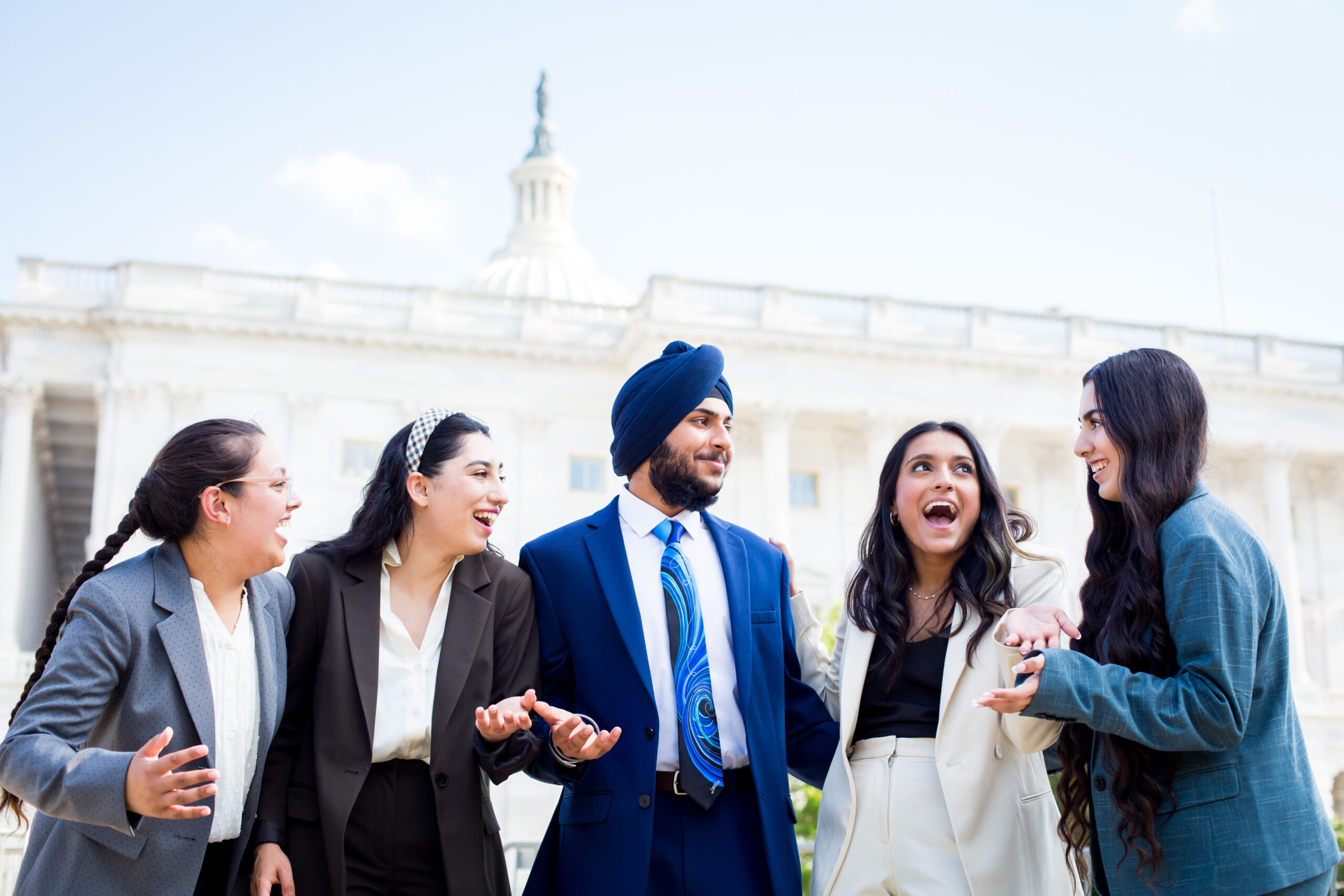Shawn D. Lewis / The Detroit News
Troy — Metro Detroit Sikhs say they have cause for concern today as they, too, reflect on the tragedy of 9/11. Sikhs, who wear turbans as part of their religion, say they are frequently assumed to be Muslims, Arabs or religious extremists. Some Sikhs say since September 11, they have experienced more negative comments and discrimination. In Michigan, the number the of Sikhs ranges from 5,000 to 7,000. About 50,000 Sikhs are in the United States, and the 20 million worldwide comprise the fifth largest religion. Juan Cole, University of Michigan professor of modern history, said it will take years before things improve for Sikhs and others painted with the broad stroke of terrorism.
“We are human beings on a path of spirituality, and please don’t start attacking us because you think we’re the people who bombed the World Trade Center,” said Sarab Neelam, 48, a suburban dad of three, and a Sterling Heights gastroenterologist. His semi-autobiographical film, “Ocean of Pearls,” about a Sikh physician in Detroit, is playing at the Maple Art Theater in Bloomfield Hills. “We all went through a great tragedy after 9/11, but we should not create another tragedy by harming innocent Americans here.” That sentiment is echoed by the largest and oldest Sikh civil rights organization in the United Sates. “Many of us feel we’re viewed with apprehension and mistrust, which stems from the animus and bias toward Arabs and Muslims because many people are unable to distinguish among religious groups,” said Rajdeep Jolly, 28, a lawyer and director of law and policy for the Sikh American Legal Defense and Education Fund in Washington, D.C. “The problem, fundamentally, is ignorance, fear and lack of nuance.” Jolly, born and raised in the U.S., said he has endured taunts of people calling him “terrorist” and “Osama bin Laden” while walking the streets of the nation’s capital. Shortly following the September 11 attacks, former Louisiana Republican Congressman John Cooksey expressed his feelings about those who wear turbans. “If I see someone (who) comes in that’s got a diaper on his head and a fan belt wrapped around the diaper on his head, that guy needs to be pulled over.” He publicly apologized and lost re-election. College student Deep Singh, 22, of Livonia, said he felt bad when he was pulled over by a Livonia police officer last summer. He said he was driving home from work as a pharmacy technician when he was stopped. “Do you have any weapons in your car?” was the first question asked by the officer. Singh said he was not ticketed and the officer courteously told him to drive safely. The Livonia Police Department was not able to verify the incident since no ticket was issued. Although Raminder Singh Dhaddli, 59, of Troy also has endured stares and taunts, he prefers to focus on feelings shared by Americans on this day. “This was a great American tragedy, and everybody is united in this fight against terrorism,” said Dhaddli, an internist at the Veteran’s Administration in Detroit. Days after the attacks, Dhaddli felt compelled to hand out leaflets in his subdivision explaining who Sikhs are. He didn’t want neighbors thinking he was in solidarity with the terrorists. For Heminder Singh, 49, of West Bloomfield, not much has changed since 9/11. The psychiatrist had an experience with a patient who resorted to ethnic intimidation during an office visit. “He started yelling at me, ‘You diaper-headed Arab. Go back to your own country,'” he said. “They see you as Arab or Muslim, and it’s a very common perception. There’s nothing wrong with being Muslim, but that’s not my religion.” Neelam said he hopes one day that doing simple, everyday things will not elicit the usual stares. “The other day I went to the park with my family and once again, people were staring at us like, ‘What are you doing here?’ ” he said. “It may not happen for another 50 years, but I’m hopeful that it will happen.” slewis@detnews.com (734) 462-2190 http://www.detnews.com/article/20090911/METRO02/909110344/1041/lifestyle04/Post-9/11-discrimination-plagues-Detroit-area-Sikhs
